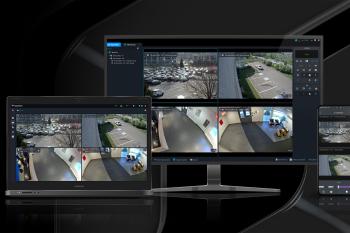Visitors at London 2012 Olympic Park will face airport-style security checks
02.08.2011 - At the 2012 Olympics, visitors will face airport-style security and x-ray machines before entering the stadiums. The 12,000 police officers that will secure the immediate area will...
At the 2012 Olympics, visitors will face airport-style security and x-ray machines before entering the stadiums. The 12,000 police officers that will secure the immediate area will be supported by the help from an additional 10,000 to 15,000 private security officials from security firm G4S.
Scotland Yard revealed that testing of many of the venues, and the 300 to 400 search arches, had already started in anticipation of next year's showcase event. The Games' security and resilience director Sir Ian Johnston said: "There is a different environment at each venue which means that queue times will vary from venue to venue. We are looking in many places at minutes within single digits and a norm of around 20 minutes. People will get a better idea of queuing times nearer the Games so they can prepare themselves and their journeys. We are not committing to any numbers at this stage but clearly we will let people know. The challenge for us around queue times is that they will really be determined by when people turn up as well as a number of other factors."
London 2012 test events, which are currently under way, are giving the police and the Games organisers a chance to see how key officials will work together ahead of the event. The test events, a series of set competitions or special invitational tournaments, examine the field of play, equipment being used, volunteers and staging of the events. They will all be on a bigger scale for the Games but they test out the communication links between key organisations such as the police, emergency services and London 2012.
National Olympic security co-ordinator Chris Allison said: "We are testing the system, but also developing the relationships." The top officers who will be in charge of the policing operation have also now been named. Some of them have already gone full-time on the Olympic project but many will continue in their normal police roles until closer to the start of the Olympic torch relay in May and the Olympic and Paralympic Games.









